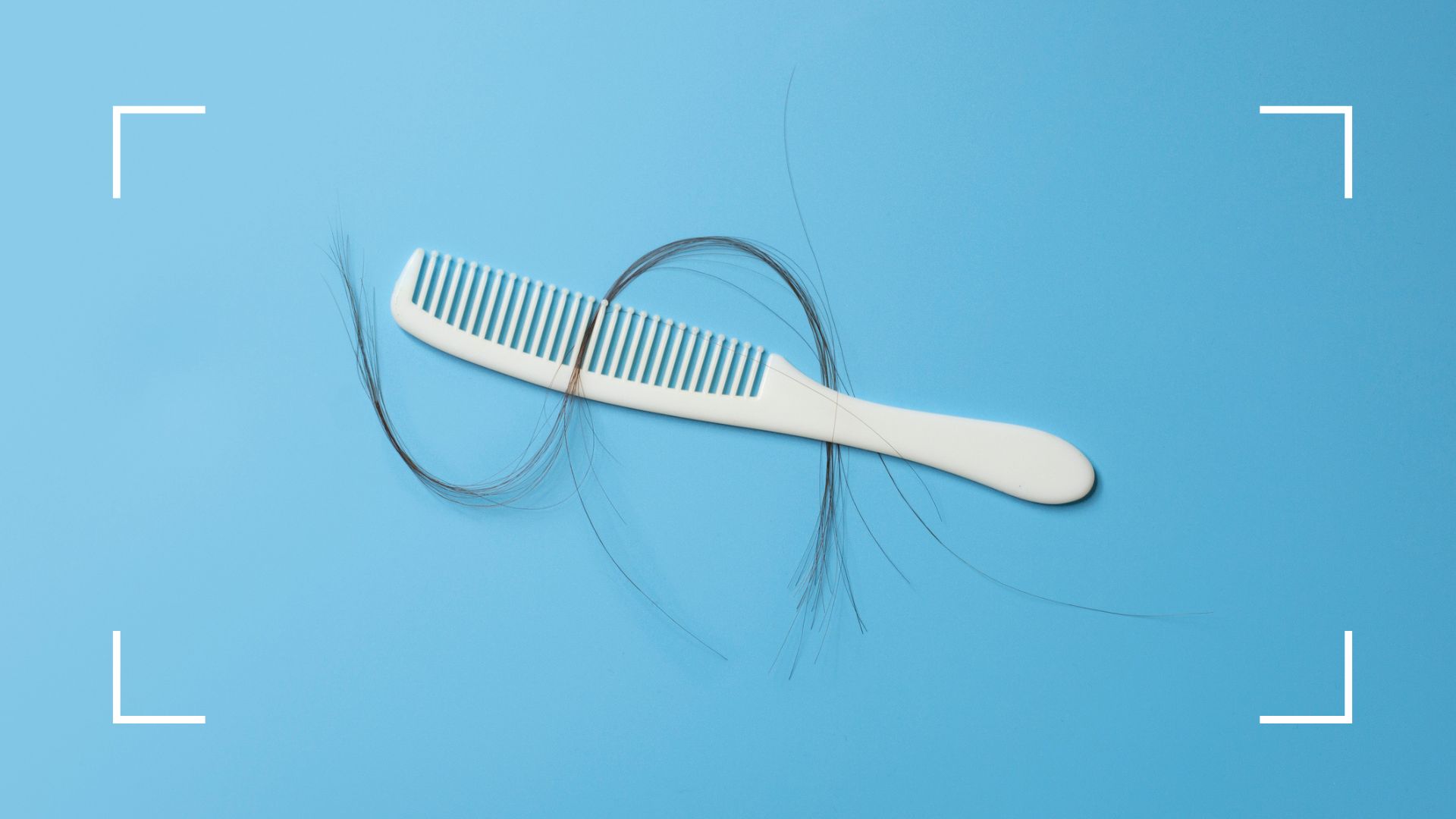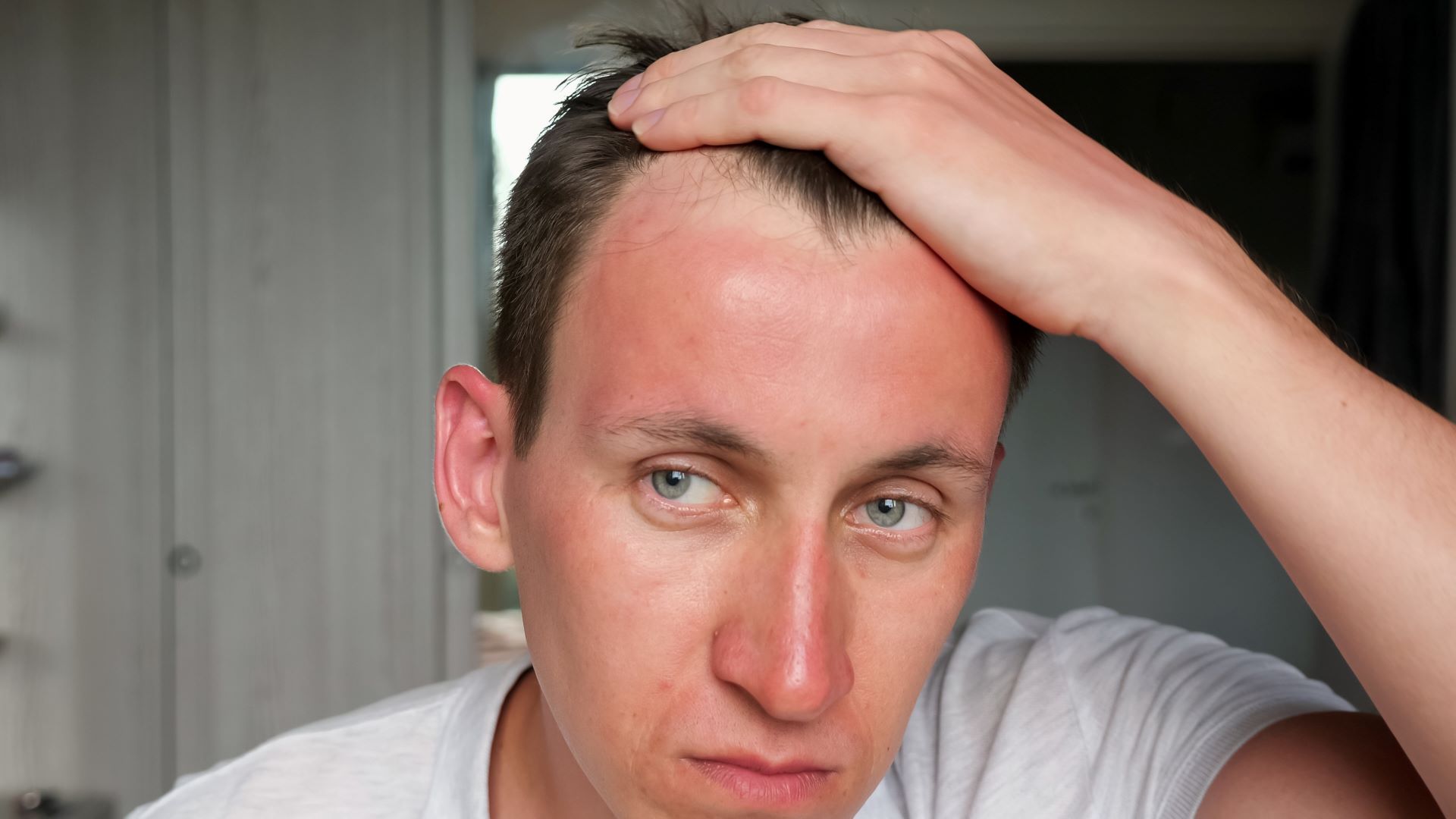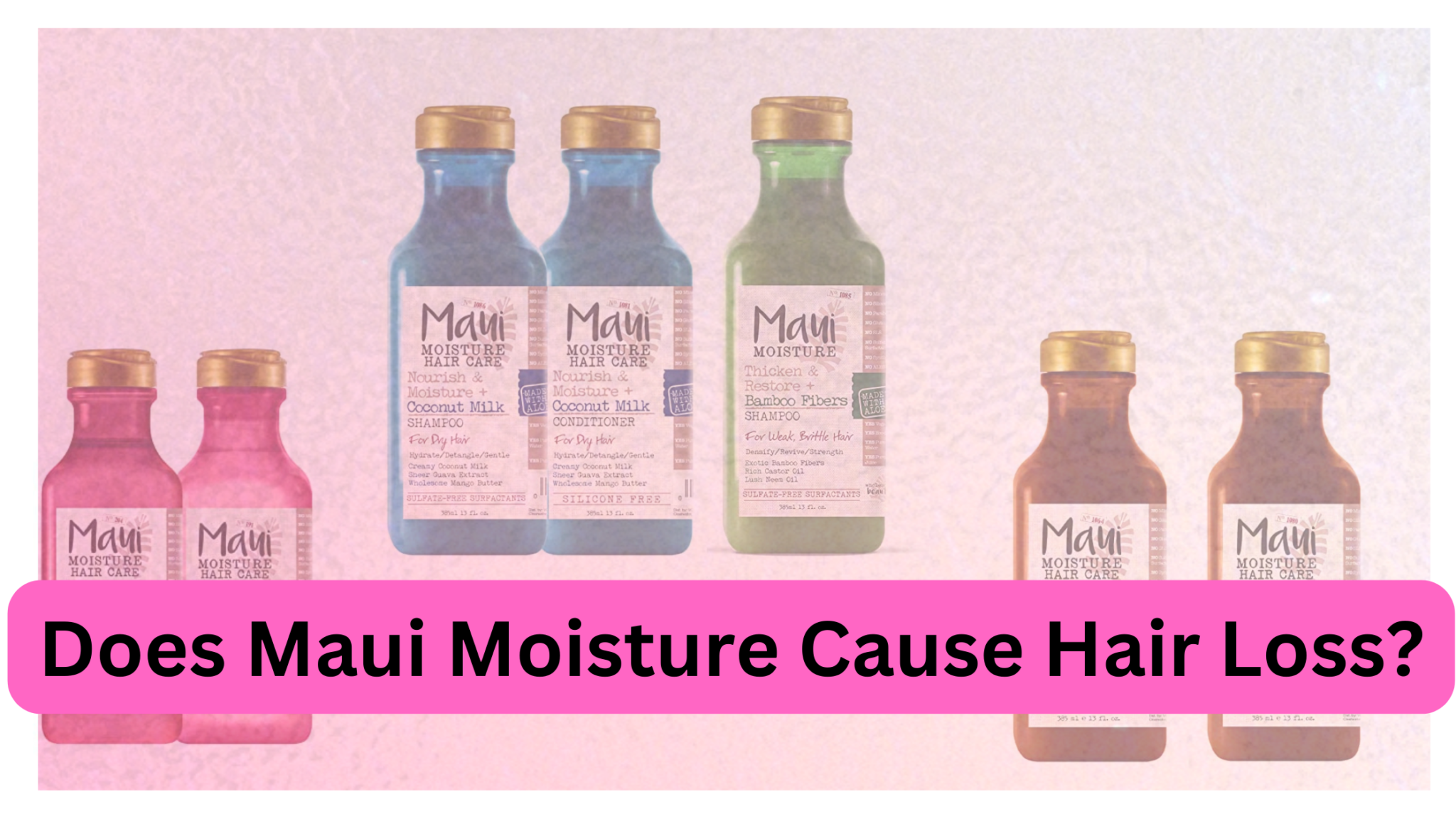Does Bump Stopper Really Cause Hair Loss? Let's Dive Into The Truth
Ever wondered if that trusty bump stopper you've been using might actually be the reason behind your hair loss? Hold your horses, because we’re about to dig deep into this question and separate fact from fiction. Hair loss is no laughing matter, and if you're stressing over whether your bump stopper is the culprit, you're not alone. This isn't just another random concern; it’s a legitimate worry shared by many who use this popular styling tool. Let’s break it down, shall we?
Now, let’s be real—bump stoppers are all the rage in the hair game. They promise to smooth out those pesky bumps and frizz, giving you that sleek, salon-worthy look without breaking the bank. But at what cost? As much as we love the convenience and results they deliver, the question of whether they contribute to hair loss is one that’s been buzzing around hair care circles. If you’re skeptical, you’re in the right place.
Here’s the deal: hair loss can stem from a variety of factors, and figuring out the root cause isn’t always straightforward. While bump stoppers are designed to enhance your style, they might inadvertently play a role in weakening your strands over time. But don’t panic just yet—we’re here to clear the air and give you the lowdown on whether your favorite styling tool could be the silent enemy of your locks.
- South Movie Hindi Dubbed Your Ultimate Guide To Bollywoods South Indian Cinema Magic
- When Is Kat Timph Baby Due All The Scoops You Need To Know
What Exactly Is a Bump Stopper?
Before we jump into the hairy details, let’s first clarify what a bump stopper actually is. A bump stopper is a hair styling product, often in gel or cream form, that’s specifically formulated to combat those annoying bumps and ingrown hairs that pop up after shaving or waxing. It’s like a superhero for your scalp and skin, swooping in to save the day by smoothing everything out. And let’s face it—it works wonders for many people.
But here’s the twist: bump stoppers are packed with active ingredients designed to penetrate the skin and hair follicles. While this is great for reducing irritation, it also raises questions about potential side effects, especially when used excessively. So, could these ingredients be doing more harm than good?
Understanding Hair Loss: The Root Cause
Hair loss is a complex issue that can be triggered by a multitude of factors. Genetics, hormonal changes, stress, and even your diet can all play a role. But when it comes to styling products, the game changes. Products like bump stoppers, which are applied directly to the scalp, have the potential to interfere with the natural growth cycle of your hair. Let’s explore how this happens.
- Lyn May The Iconic Life And Career Of A Legendary Performer
- Cindy Williams Cause Of Death Cancer Uncovering The Truth Behind The Iconic Stars Journey
Common Causes of Hair Loss
Before we blame bump stoppers, let’s look at some of the most common causes of hair loss:
- Genetics: If your family has a history of thinning hair, chances are you might experience it too.
- Hormonal Imbalance: Fluctuations in hormones, especially during pregnancy or menopause, can lead to hair shedding.
- Stress: Physical or emotional stress can trigger a condition called telogen effluvium, where hair enters a resting phase and falls out.
- Nutritional Deficiencies: Lack of essential nutrients like iron, protein, and vitamins can weaken your hair follicles.
While these factors are well-documented, the role of styling products like bump stoppers is often overlooked. Let’s dive deeper into this connection.
Does Bump Stopper Contribute to Hair Loss?
Now, for the million-dollar question: does bump stopper really cause hair loss? The short answer is—it depends. While bump stoppers themselves aren’t inherently harmful, certain ingredients and application habits can lead to issues over time. Here’s how:
First off, bump stoppers often contain strong chemicals like alcohol, sulfates, and fragrances. These ingredients can irritate the scalp, especially if you have sensitive skin. When your scalp is irritated, it can disrupt the hair growth cycle, leading to temporary hair loss. Additionally, excessive use of bump stoppers can weigh down your hair, making it more prone to breakage.
But here’s the kicker: not all bump stoppers are created equal. Some formulations are gentler and specifically designed for sensitive scalps, while others pack a punch that might be too much for your hair to handle. It’s all about finding the right balance and using the product wisely.
Ingredients to Watch Out For
If you’re worried about your bump stopper causing hair loss, it’s crucial to take a closer look at the ingredients list. Here are some common culprits to watch out for:
- Alcohol: While it helps the product dry quickly, alcohol can dry out your scalp and weaken your hair.
- Sulfates: These harsh cleansing agents can strip your scalp of its natural oils, leading to irritation.
- Parabens: These preservatives have been linked to hormonal disruptions, which can affect hair growth.
- Artificial Fragrances: Strong scents can irritate the scalp and cause inflammation.
On the flip side, there are also beneficial ingredients to look for in a bump stopper. Ingredients like aloe vera, tea tree oil, and panthenol can soothe the scalp and promote healthy hair growth. It’s all about reading the label and choosing a product that aligns with your hair care needs.
Proper Usage of Bump Stopper
Using a bump stopper correctly can make all the difference in minimizing its potential impact on your hair. Here are some tips to keep in mind:
- Apply Sparingly: A little goes a long way. Overusing the product can lead to buildup and scalp irritation.
- Rinse Regularly: Make sure to wash your hair regularly to prevent product residue from clogging your hair follicles.
- Test for Sensitivity: If you have sensitive skin, do a patch test before applying the product to your scalp.
- Choose Gentle Formulas: Opt for bump stoppers that are free from harsh chemicals and formulated for sensitive scalps.
By following these guidelines, you can enjoy the benefits of a bump stopper without compromising the health of your hair.
Alternatives to Bump Stopper
If you’re still unsure about using a bump stopper, there are plenty of alternative solutions to consider. Here are a few options:
Natural Remedies
For those who prefer a more natural approach, ingredients like apple cider vinegar, witch hazel, and tea tree oil can work wonders for reducing bumps and irritation. These remedies are gentle on the scalp and won’t strip your hair of its natural oils.
Non-Chemical Solutions
If you’re looking for a product-free solution, try exfoliating your scalp regularly to prevent ingrown hairs. A soft-bristled brush or a scalp scrub can help remove dead skin cells and keep your follicles clear.
Expert Opinions and Research
When it comes to hair care, it’s always a good idea to consult the experts. Dermatologists and trichologists agree that while bump stoppers can be effective for reducing bumps, they should be used with caution. A study published in the Journal of Dermatology found that prolonged use of certain hair styling products can lead to scalp irritation and hair thinning.
Dr. Sarah Johnson, a renowned dermatologist, advises her patients to prioritize scalp health when choosing hair care products. “The key is to find a balance between achieving the desired style and maintaining the health of your hair and scalp,” she says. “Always opt for products that are formulated with your specific hair type and concerns in mind.”
Tips for Preventing Hair Loss
Whether or not you choose to use a bump stopper, there are several steps you can take to prevent hair loss:
- Eat a Balanced Diet: Ensure you’re getting enough protein, iron, and vitamins to support healthy hair growth.
- Manage Stress: Practice relaxation techniques like meditation or yoga to reduce stress-related hair loss.
- Protect Your Hair: Avoid excessive heat styling and harsh chemicals that can damage your hair.
- Consult a Professional: If you’re experiencing significant hair loss, seek advice from a dermatologist or trichologist.
By taking a proactive approach to hair care, you can minimize the risk of hair loss and maintain a healthy mane.
Conclusion: Is Bump Stopper the Enemy?
So, does bump stopper really cause hair loss? The answer isn’t black and white. While certain ingredients in bump stoppers can contribute to scalp irritation and hair breakage, the product itself isn’t inherently harmful. The key lies in choosing the right formula, using it correctly, and being mindful of your overall hair care routine.
If you’re still unsure, consider trying alternative solutions or consulting a professional for personalized advice. Remember, your hair is one of your most valuable assets, and taking care of it should always be a priority.
Now it’s your turn! Have you experienced hair loss after using a bump stopper? Share your thoughts and experiences in the comments below. And if you found this article helpful, don’t forget to share it with your friends and family. Let’s keep the conversation going and help each other maintain healthy, vibrant hair!
Table of Contents
- What Exactly Is a Bump Stopper?
- Understanding Hair Loss: The Root Cause
- Does Bump Stopper Contribute to Hair Loss?
- Ingredients to Watch Out For
- Proper Usage of Bump Stopper
- Alternatives to Bump Stopper
- Expert Opinions and Research
- Tips for Preventing Hair Loss
- Conclusion: Is Bump Stopper the Enemy?
- Lil Jeff Real Name Unveiling The Truth Behind The Rising Star
- Vega Moviesnl Your Ultimate Destination For Movie Entertainment

The Truth About Bump Stopper Does It Cause Hair Loss?

The Truth About Bump Stopper Does It Cause Hair Loss?

Does Bump Stopper Cause Hair Loss? The Truth Behind The Concerns